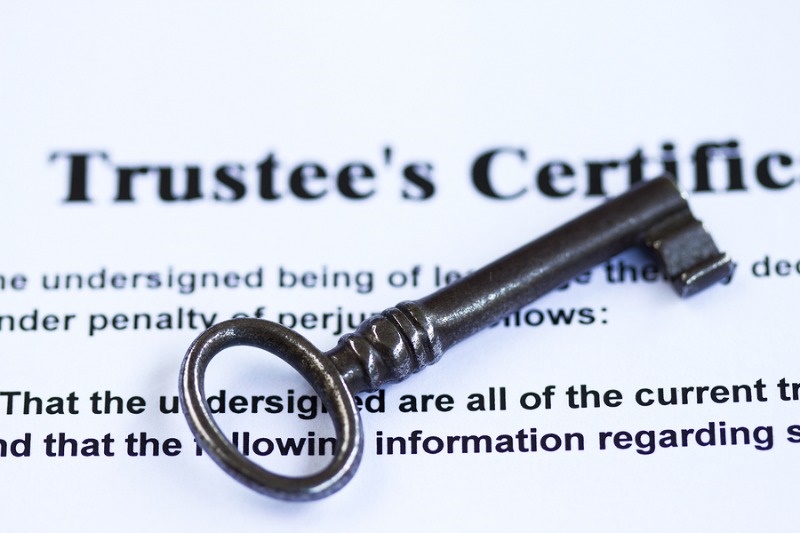Millionaire financier Jeffrey Epstein killed himself on August 10, 2019 while in prison awaiting trial for charges including federal sex trafficking. Shortly before his death, Epstein signed a pour-over will placing approximately $577 million in assets into a trust. Many believe the creation of this trust was an attempt by Epstein to shield his vast wealth from civil lawsuits brought by his many accusers. What is a pour-over will, and will Epstein’s attempt prove successful?
Pour-Over Wills
Pour-over wills are common tools for estate planning. They are wills used in conjunction with a living trust. When a settlor (the creator of a trust) creates a living trust, certain assets are transferred to that trust; however, upon the death of the trust settlor, the pour-over will transfers any assets of the estate through probate to the trust, ensuring that all of the decedent’s assets are property of the trust. Legally, this potentially enables all assets to pass from one entity – the decedent’s estate – to another – the trust.
Will Epstein’s Trust Protect His Assets from the Reach of His Accusers?
In the wake of Epstein’s death, several of his alleged victims filed civil lawsuits against his estate. The estate must first pass through probate where the court will determine what, if any, of the assets Epstein intended to transfer to his trust can legally be transferred. A central issue for the probate court to resolve is whether the transfer of these assets via the pour-over will constitutes a fraudulent conveyance – an attempt to avoid a debt by moving assets to another legal entity.
North Carolina defines this concept in the Uniform Voidable Transactions Act (the “UVTA”). The UVTA provides that a transfer by a debtor – or a person liable on a claim – is voidable in certain circumstances. The UVTA defines the term “claim” to include, among other things, a right of payment arising out of a judgment. It defines a “creditor” as any person that has a claim. Thus, if any of Epstein’s accusers obtain a civil judgment in their favor, the UVTA would treat those judgments as claims and the accusers as creditors, enabling them to attack the validity of the transfer if they can establish, for example, that the transfer was made “[w]ith intent to hinder, delay, or defraud any creditor . . . .”
Attorneys for the accused have already publicly stated they intend to bring their clients’ claims against the estate, putting a fraudulent conveyance challenge squarely within the realm of possibility as this dispute progresses.
If you have questions regarding a trusts and estates dispute, please call us at (704) 457-1010 to schedule a consultation. For more information regarding our firm, attorneys, and practice areas, please visit https://lindleylawoffice.com/.





